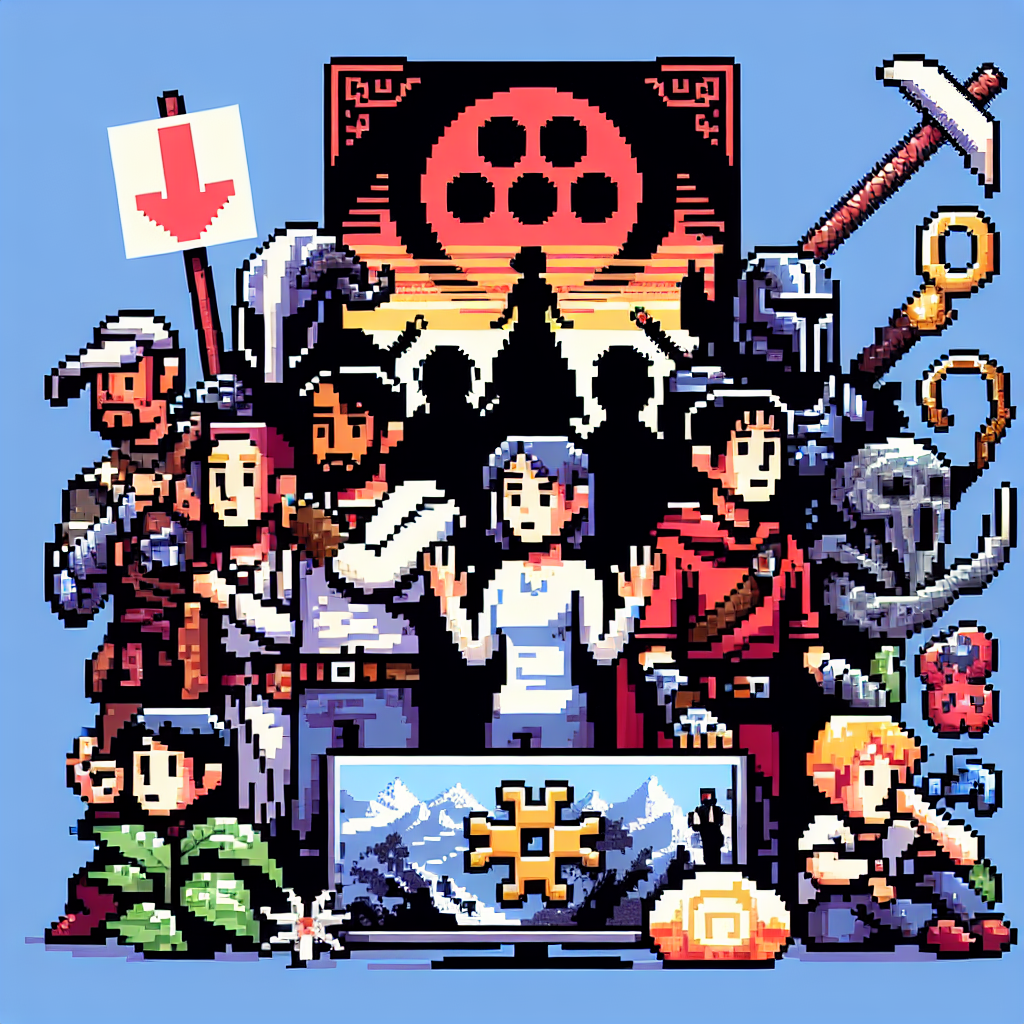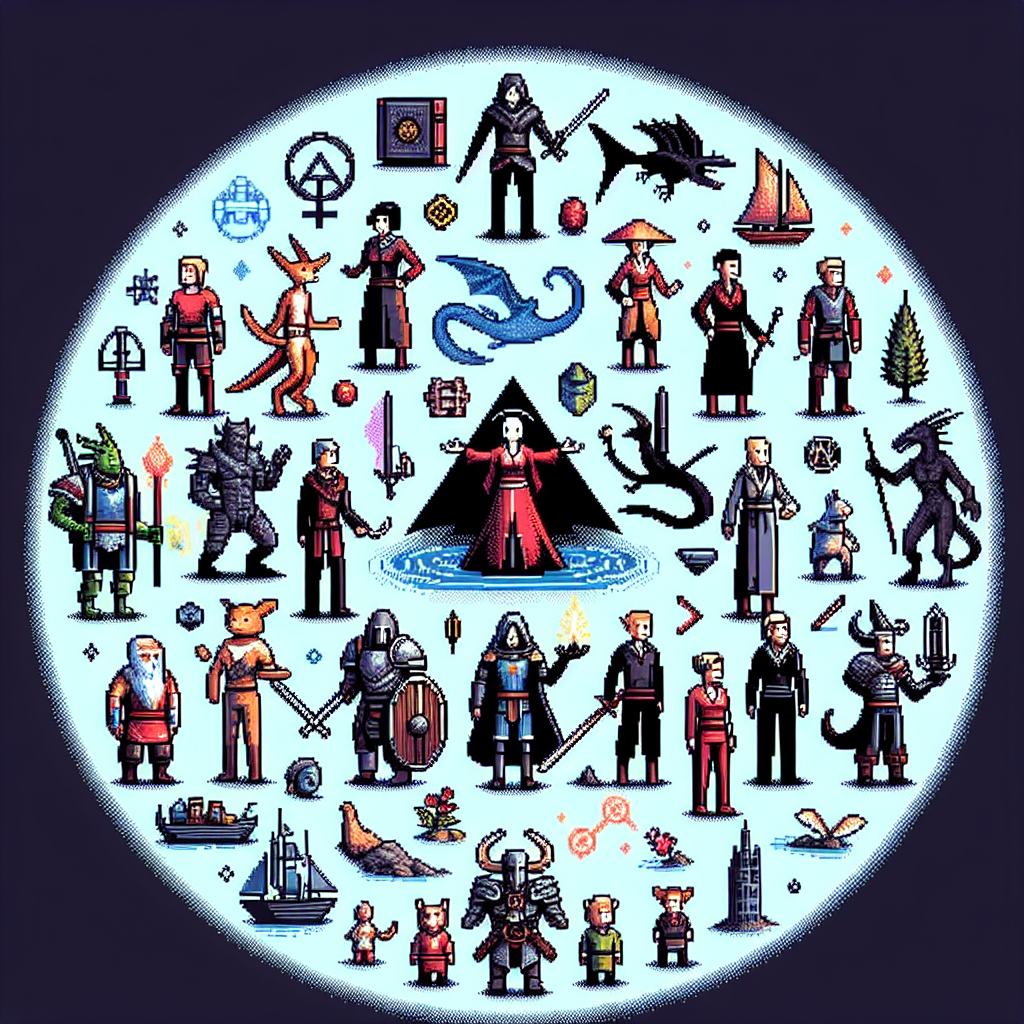Daily Crossword: The Verona Puzzle — May 9 - Vulture | Analysis by Brian Moineau
Unlocking the World of Puzzles: The Verona Puzzle and the Art of Smizing
Ah, crosswords — those delightful little squares that beckon us to flex our mental muscles, often teasing us with clues that can be either enlightening or downright befuddling. Today, we dive into the Vulture's daily 10x10 crossword puzzle, specifically the Verona Puzzle from May 9. Our focus? 28-Across: "Banks who taught us to smize." For those familiar with pop culture, this four-letter answer is an easy guess. For the uninitiated, let's embark on a journey to unravel the enigmatic world of "smizing."
The answer, of course, is "Tyra," as in Tyra Banks. This supermodel-turned-entrepreneur introduced the world to "smizing" — smiling with your eyes — on her hit reality show, "America's Next Top Model." It's a skill that transcends the runway, finding relevance in everyday life, from Zoom meetings to selfies. Tyra's impact on the fashion industry is profound, seamlessly blending the artistry of modeling with the accessibility of television. She has consistently encouraged self-confidence and authenticity, urging us all to find our own unique ways to shine.
But what does a crossword clue about smizing have to do with the wider world? In a time where digital communication often replaces face-to-face interaction, the ability to convey emotion through subtle facial cues has never been more important. Tyra’s concept of smizing is an unexpected yet relevant skill in today's virtual landscape, where cameras and screens dominate our interactions. It’s a reminder that even in the world of technology, human expression remains paramount.
Beyond the realm of fashion and reality TV, Tyra has made strides in business and education, further proving that her influence extends far beyond what many may assume. She launched the Tyra Banks TZONE, a leadership program for young women, and pursued a degree at Harvard Business School, showcasing her commitment to empowerment and learning.
In the spirit of connections, consider how the art of smizing aligns with current happenings in the world. As we navigate the challenges of remote work, smizing becomes a tool for maintaining human connection across digital divides. Moreover, in a world increasingly focused on mental health and well-being, the simple act of smiling — even with just our eyes — can foster positivity and resilience.
For those puzzle enthusiasts out there, crosswords like the Verona Puzzle are not just exercises in vocabulary, but gateways to broader cultural conversations. They remind us that even the smallest clues can be stepping stones to deeper insights about the world and ourselves.
In conclusion, whether you’re solving a crossword, attending a virtual meeting, or simply walking down the street, remember the power of a smize. It's a small, yet powerful gesture that can bridge gaps, uplift spirits, and remind us of our shared humanity. So next time you encounter a clue like 28-Across, take a moment to appreciate the layers beneath the surface, and perhaps, give a little smize yourself.
Read more about AI in Business















